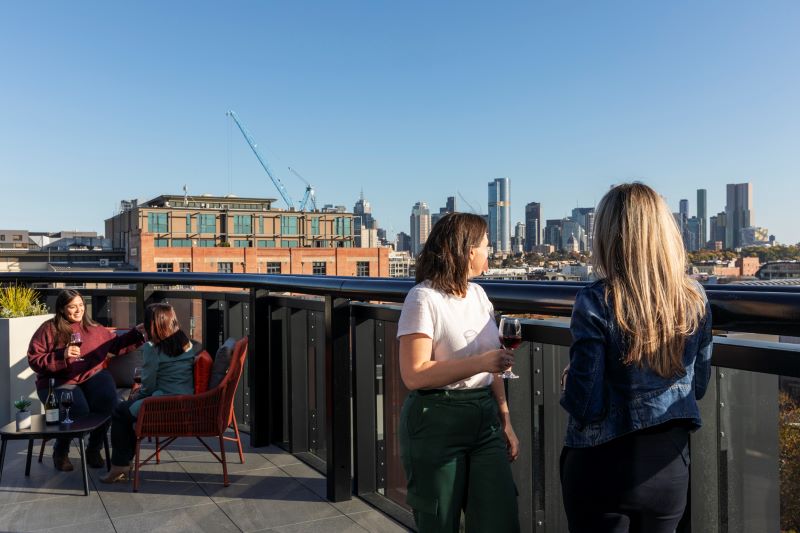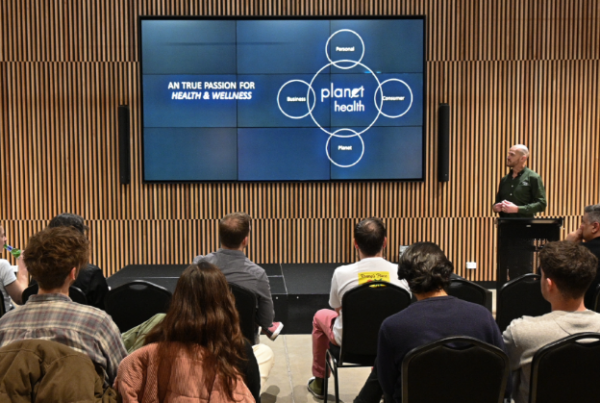
Team building events are essential for fostering a strong, cohesive team that works well together. These events are more than just a break from work; they are an investment in your company’s future. This United Co. guide will take you through the essential steps to organize a successful team building workshop, from setting clear objectives to selecting the right activities and evaluating the outcomes. Let’s dive in and learn how to create a team building event that will leave a lasting impact on your team and organization.
1. Understanding the Importance of Team Building Events
Team building plays a critical role in shaping a positive corporate culture. These events enhance communication and collaboration, build trust among team members, and boost morale. When done effectively, team building events can significantly increase productivity and employee satisfaction, which are key drivers of business success.
Benefits of Effective Team Building Events:
- Improves problem-solving skills by encouraging different perspectives.
- Encourages creativity and innovation as team members brainstorm together.
- Strengthens team dynamics and relationships, leading to a more cohesive work environment.
2. Setting Clear Objectives for Your Team Building Workshop
The first step in organizing a successful team building workshop is to set clear and measurable objectives. Understanding what you want to achieve will guide the entire planning process.
Identify the Purpose of the Event
Ask yourself, what are the key outcomes you want to achieve? Are you aiming to improve communication, resolve conflicts, foster leadership, or perhaps strengthen cross-departmental collaboration? Defining these objectives will help you focus your efforts and resources effectively.
Align Objectives with Company Goals
Make sure the objectives of your team building workshop align with the broader goals of your company. For example, if your company is focusing on innovation, consider activities that encourage creative thinking and collaboration.
Defining Success Metrics
Determine how you will measure the success of the event. Success can be evaluated through feedback surveys, post-event performance reviews, or observing changes in team dynamics and productivity.
Read More About A Foolproof Event-planning Checklist to Delight your Clients
3. Planning the Logistics of the Workshop
Once you’ve set your objectives, it’s time to plan the logistics. This involves careful consideration of budget, timing, and location.
Budget Considerations
Start by setting a realistic budget for the workshop. Consider costs for the venue, activities, facilitators, materials, and any refreshments or meals. A well-planned budget ensures that you can organize a high-quality event without financial strain.
Choosing the Right Date and Time
Select a date and time that accommodates most of your team members. Avoid scheduling the event during peak work periods or near important deadlines. The duration of the workshop should also be considered – it should be long enough to achieve your objectives but not so long that it leads to participant fatigue.
Selecting a Venue
Choosing the right venue is crucial for the success of your event. Decide whether you want to hold the event on-site or at an off-site location. Off-site event venues often provide a fresh environment that can stimulate creativity and focus. Ensure the venue is accessible and comfortable for all participants.
4. Selecting the Right Activities

The activities you choose should align with the objectives of the workshop and be suitable for your team’s dynamics.
Types of Team Building Activities
Consider a variety of activities such as ice-breakers, problem-solving tasks, outdoor challenges, or creative workshops. The goal is to choose activities that will engage your team and foster the skills or relationships you want to develop.
Tailoring Activities to Meet Objectives
Match the activities to the objectives you’ve set. For example, if you want to improve communication, choose activities that require teamwork and discussion. If the goal is to build trust, consider trust-building exercises.
Consideration of Team Dynamics and Preferences
Choose activities that are inclusive and considerate of different personalities and physical abilities. Avoid activities that might cause discomfort or embarrassment to participants. The goal is to create a positive experience for everyone involved.
5. Hiring a Professional Facilitator (If Needed)
For more complex workshops or larger groups, hiring a professional facilitator can be beneficial.
The Role of a Facilitator
A facilitator guides the workshop, ensuring that objectives are met and managing group dynamics effectively. They help keep the workshop focused and productive.
Benefits of Hiring a Facilitator
Facilitators bring expertise and an unbiased perspective. They are skilled in engaging participants and can handle any challenges that arise during the event.
Criteria for Selecting a Facilitator
Look for facilitators with experience in corporate team building. They should be able to engage and motivate participants and have a good understanding of your company’s industry and culture.
Read More About 9 Tips To Organise A Successful Networking Event
6. Engaging and Motivating Participants
Keeping participants engaged and motivated is key to the success of your workshop.
Pre-Workshop Communication
Inform participants about the purpose and benefits of the workshop beforehand. Share a rough outline of the day to set expectations. This will help participants understand why they are attending and what they will gain from the experience.
Encouraging Participation
Create a positive and inclusive environment. Use interactive and fun activities to maintain engagement. Encourage everyone to participate, but also respect personal boundaries.
Ensuring Everyone Feels Included
Design activities that cater to different personality types, ensuring that both introverts and extroverts feel comfortable and valued.
7. Evaluating the Outcomes of the Workshop
Evaluation is crucial to understanding the impact of your team building workshop.
Collecting Feedback
Use surveys and feedback forms to gather participant feedback. Ask about their experience, what they learned, and what could be improved.
Measuring Success Against Objectives
Analyze the feedback to determine if the workshop met its objectives. Look for changes in team dynamics, communication, and overall performance.
Implementing Learnings
Use the insights gained to improve future workshops. Identify what worked well and what didn’t, and adjust your approach accordingly.
8. Follow-Up and Long-Term Impact
To ensure that the benefits of the workshop are long-lasting, follow-up actions are necessary.
Maintaining Momentum
Encourage team members to apply what they’ve learned. Regularly schedule follow-up activities or check-ins to keep the momentum going.
Integrating Team Building into Corporate Culture
Make team building a regular part of your company culture. Encourage ongoing communication and collaboration among team members. A strong team is not built in a day but through consistent effort and support.
Read More About 7 Tips To Successfully Running A Corporate Events In Melbourne
Organizing a successful team building workshop involves careful planning and execution. By setting clear objectives, planning the logistics, selecting the right activities, and evaluating outcomes, you can create a memorable and impactful event. Start planning your next team building event today, and watch as your team grows stronger and more cohesive, driving your company towards greater success.
Ready to transform your team into a cohesive, high-performing unit? Let United Co. help you organize the perfect team building workshop. Our event spaces in Fitzroy, Melbourne, are designed to foster collaboration and innovation. Schedule a tour today to see how United Co. can provide the ideal environment for your next team building event. Together, we can create a space where your team can thrive!




